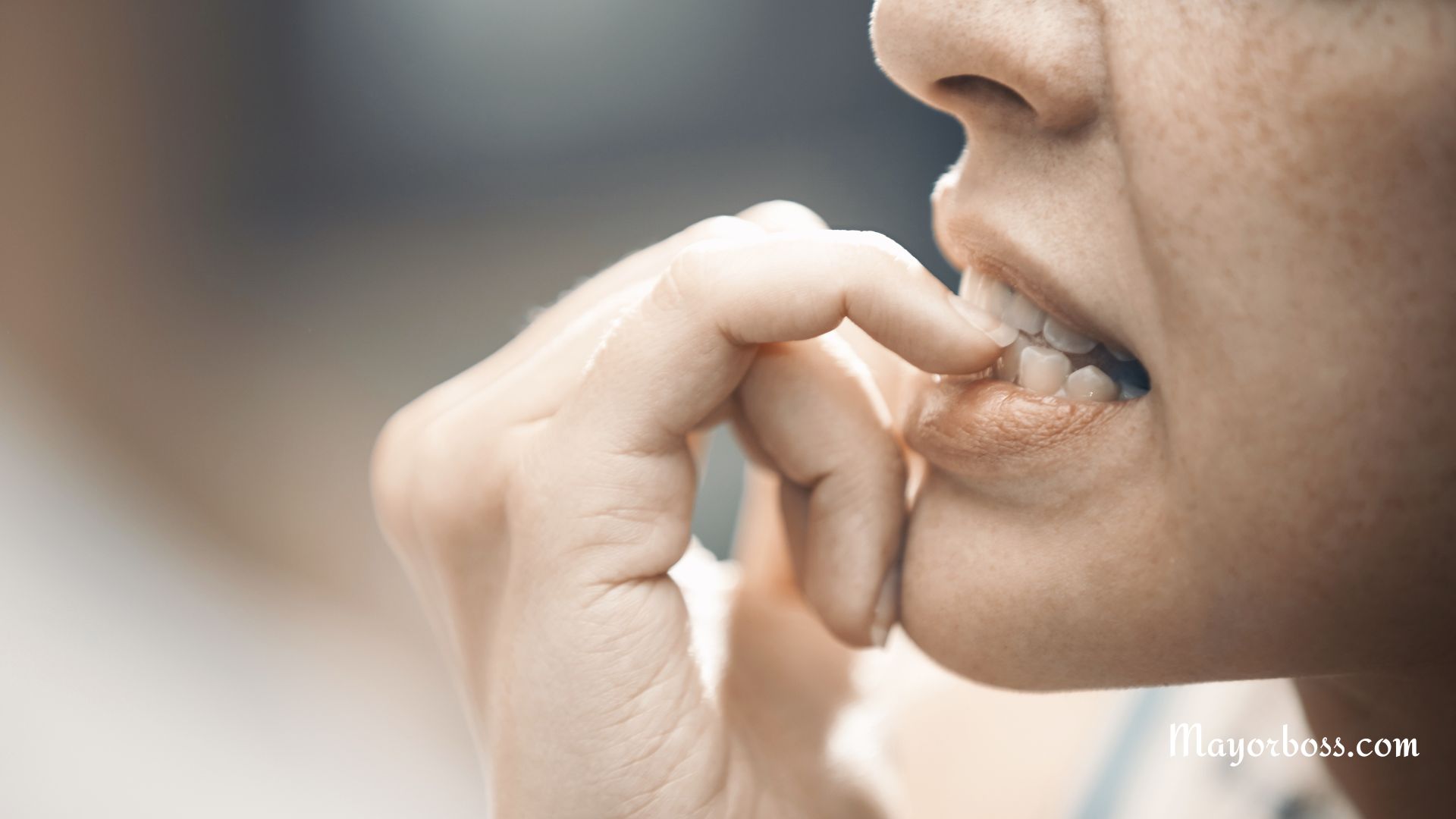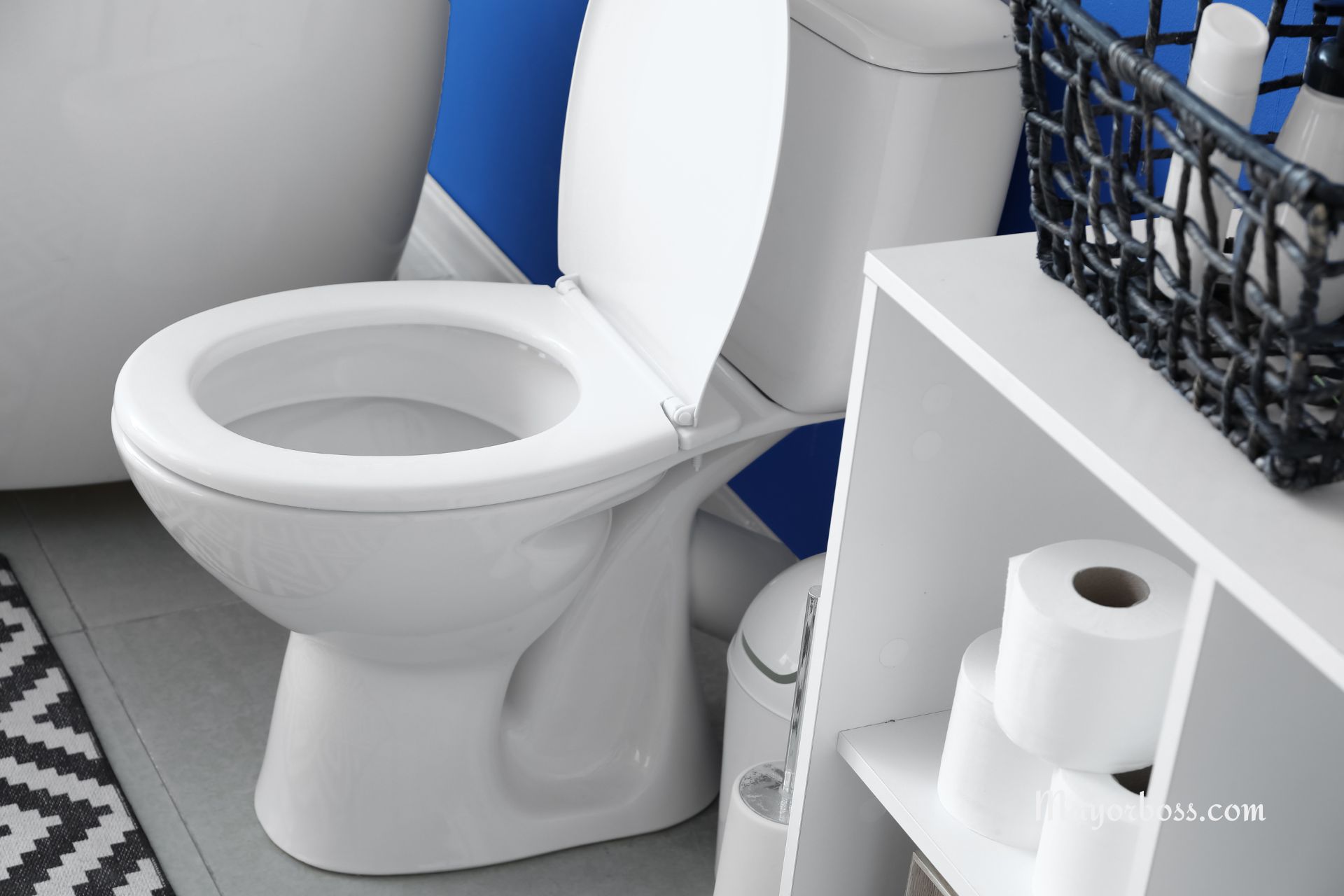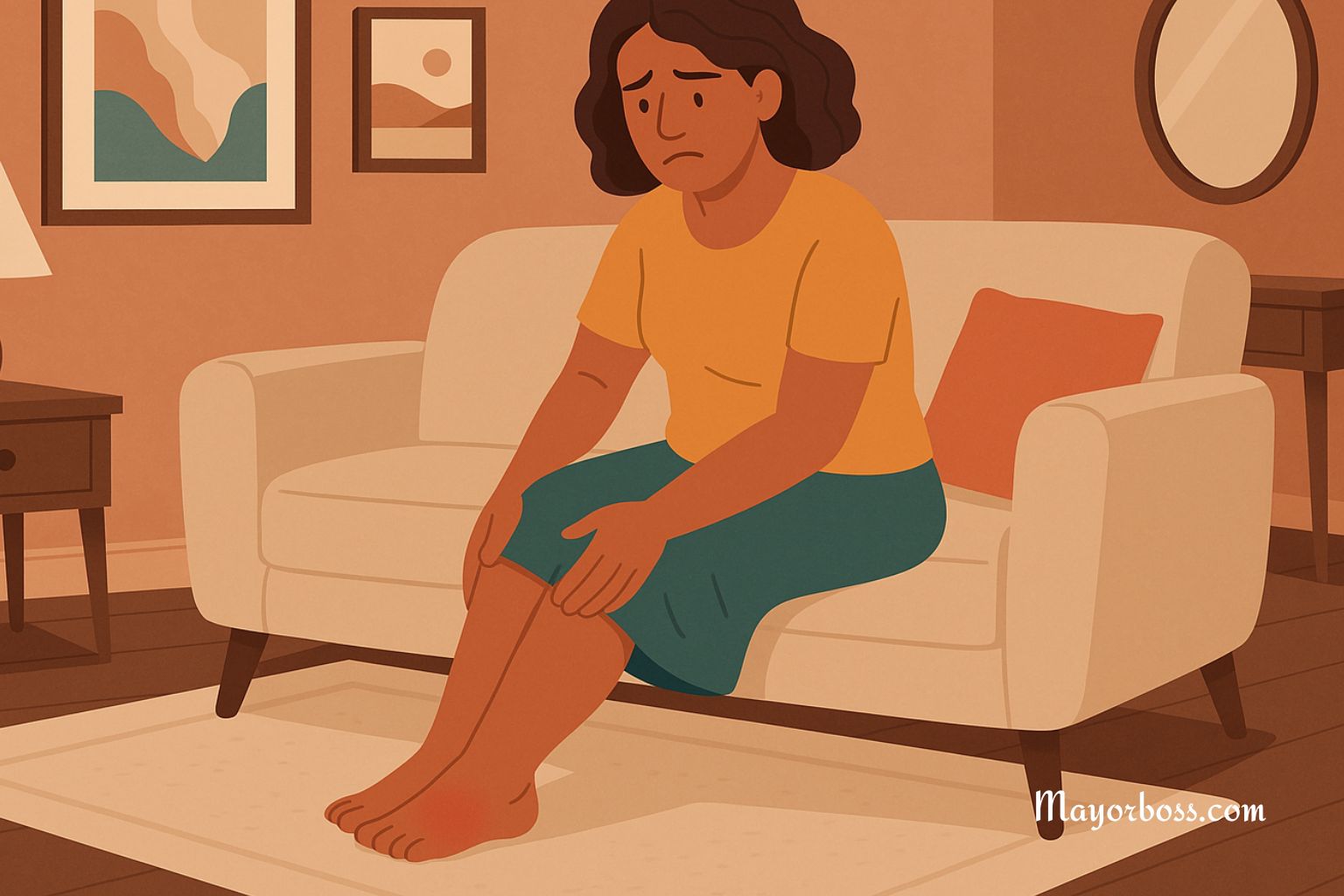What It Means When You Bite Your Nails
Nail biting, also known as onychophagia, is a common habit that many people engage in. While it might seem like just a nervous habit, there’s actually more going on beneath the surface.
Understanding Nail Biting

The Psychological Aspect
Nail biting is often linked to psychological factors. Primarily, it’s seen as a response to stress, anxiety, or boredom. When you’re feeling anxious or bored, biting your nails can provide a temporary distraction or relief. Interestingly, for some, it becomes an unconscious habit, meaning you might find yourself doing it without even realizing it, especially during intense moments like watching a suspenseful movie or thinking deeply.
The Physical Side
On the physical side, nail biting can sometimes be a response to imperfections in the nails. If you have a jagged nail or a hangnail, you might be tempted to ‘fix’ it by biting. However, this often leads to more damage and perpetuates the cycle.
Effects of Nail Biting
Physical Consequences
Regular nail biting can lead to several physical issues:
- Damage to Your Nails: Constant biting can damage your nail beds and slow down nail growth. Over time, your nails might become misshapen.
- Infections: Your fingers are often exposed to a lot of bacteria. When you bite your nails, these bacteria can enter your mouth and cause infections. Similarly, constantly biting can also cause infections around the nail bed.
- Dental Problems: Nail biting can also affect your teeth. It can lead to tooth wear, weakened enamel, and, in some cases, misalignment of your teeth.
Psychological Impact
If you’re frequently biting your nails in response to stress or anxiety, it might be a signal that you’re dealing with higher levels of these emotions than you realize. Additionally, being conscious of nail-biting, especially in public, can lead to feelings of embarrassment or self-consciousness.
How to Manage Nail Biting
Finding Alternatives
One effective strategy is to find alternative ways to keep your hands busy. This could be squeezing a stress ball, doodling, or even playing with a fidget spinner. The key is to replace the habit with something less harmful.
Addressing Underlying Issues
Since nail biting is often linked to stress or anxiety, addressing these underlying issues can be beneficial. This might involve stress-reduction techniques like meditation, exercise, or even seeking professional help if anxiety is a significant problem.
Practical Tips
- Keep your nails trimmed and neat. This reduces the temptation to bite them.
- You can also use bitter-tasting nail polishes designed to deter nail biting.
- Reward yourself for not biting your nails. This positive reinforcement can help break the habit.
When to Seek Help
If you find that nail biting is significantly impacting your life, or if other concerning symptoms like persistent anxiety accompany it, it might be worth seeking help from a mental health professional. They can provide strategies and support to manage the habit and address underlying issues.
Nail biting is more than just a nasty habit. It’s a physical manifestation of emotional states like stress and anxiety. While it’s a common habit, understanding its causes and effects can help you take steps to manage it effectively. With persistence and the right strategies, you can overcome nail biting and improve your physical and mental well-being.






